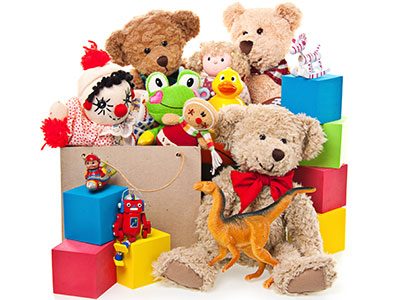When there’s an outbreak of an illness like the flu, COVID-19 or measles, it can be scary, not just because people get sick, but because it can change routines and make everyone feel unsure.
This guide is here to help. Whether your family is getting ready for an outbreak, going through one or moving on after, your child’s emotional health matters.
Getting ready: Prepare emotionally
You don’t have to wait until someone gets sick to start preparing. These small steps can help your family feel safe and strong.
- Talk early, talk often
Use simple words to talk about what’s happening. If someone at school is sick, explain what that means and what your child can expect.
Try saying:
“Your friend might be out of school for a couple days, but they’ll probably feel better soon. Let’s wash our hands well so we can stay healthy too!”
- Make a family coping plan
- Talk about who your child can go to when they’re scared.
- Make a list of trusted adults and safe places nearby.
- Build a “comfort kit” with things like favorite books, calming music, photos or a soft toy.
- Model calm and self-care
Children learn from watching you. Let them see you take deep breaths, talk about your feelings and ask for help when you need it. That teaches them it’s okay to do the same.
During an outbreak: Support mental health
When an outbreak starts, life can feel turned upside down. Your steady support can help your child feel more grounded.
- Stick to routines
Try to keep bedtimes, meals, schoolwork and playtime on a regular schedule.
Example: If school goes online, plan quiet activities that feel like normal school time, like drawing, reading or puzzles.
- Give kids choices
Let them pick their hand soap or choose a healthy snack. Small decisions give kids a sense of control.
- Talk about feelings
Kids may feel mad, bored, sad or scared, and that’s okay.
Say things like:
“I feel nervous too sometimes. Do you want to draw about your feelings or tell me about them?”
- Limit scary news
Turn off the news when you can, especially around little ears. Check in with your child about what they’re hearing from friends or social media and help them sort out facts from rumors.
After the outbreak: Recover and grow
Even when the illness fades, your child may still feel worried, confused or sad. That’s normal. Help them heal and build back stronger.
- Reconnect
- Make time for play and laughter.
- Get moving: walks, dancing or playing outside can help ease stress.
- Reach out to your community: friends, neighbors, faith groups or support groups.
- Watch for stress signs
Some stress is normal, but some signs mean a child may need extra help. If you notice any of the following, talk to your child’s doctor or a counselor:
- Trouble sleeping
- Lots of irritability
- Stomachaches or headaches
- Withdrawing from family or friends
- Reflect and grow
Talk together about what helped your family get through the outbreak. Celebrate how you supported each other. Be honest about what was hard and how you’ll do things differently next time.
You’ve got this
Every outbreak is different, but your love and support make all the difference. When you take time to prepare, connect and recover, you show your child how to face hard things with courage and care.
This article was adapted from a post on the Pediatric Pandemic Network.
 https://riseandshine.childrensnational.org/wp-content/uploads/2026/02/olympics-feature.png
300
400
webteam
https://riseandshine.childrensnational.org/wp-content/uploads/2017/11/childrens_riseandshine_logo.jpg
webteam2026-02-05 16:41:512026-02-06 08:51:52What the Winter Olympics can teach our children
https://riseandshine.childrensnational.org/wp-content/uploads/2026/02/olympics-feature.png
300
400
webteam
https://riseandshine.childrensnational.org/wp-content/uploads/2017/11/childrens_riseandshine_logo.jpg
webteam2026-02-05 16:41:512026-02-06 08:51:52What the Winter Olympics can teach our children





















Leave a Comment
Want to join the discussion?Feel free to contribute!